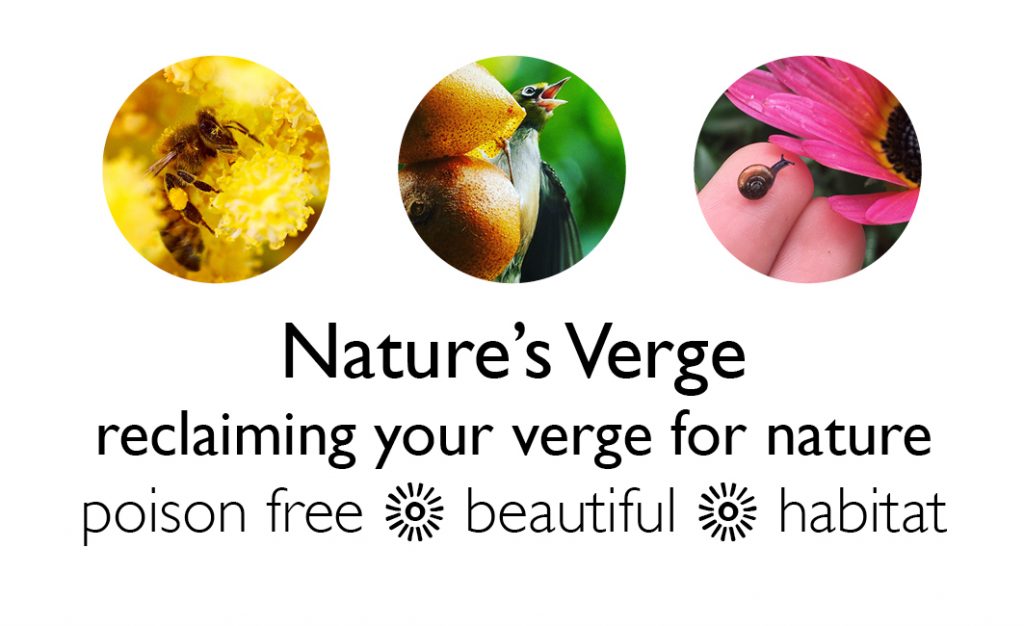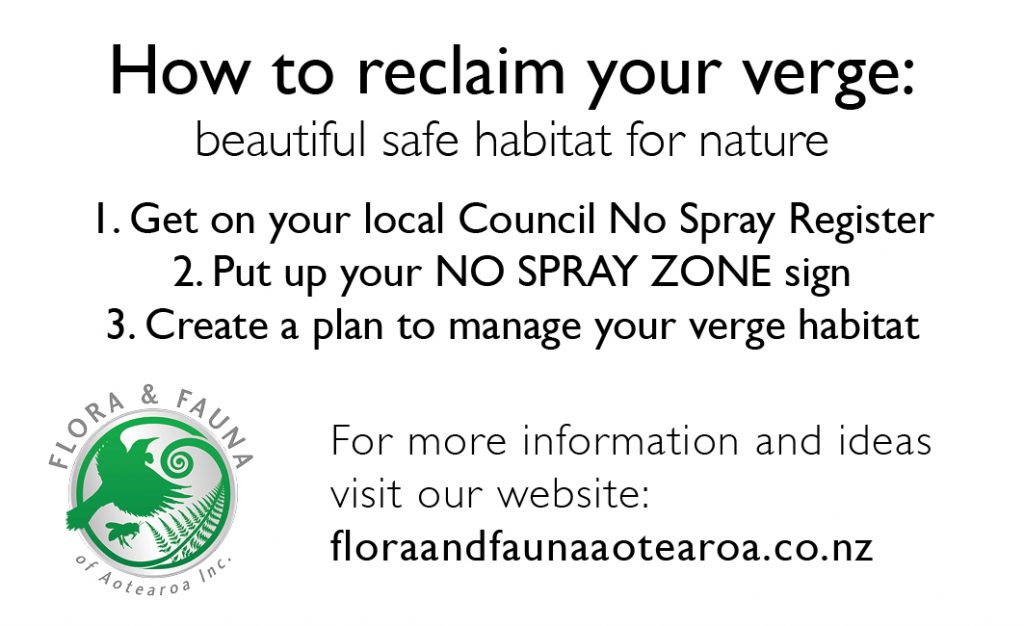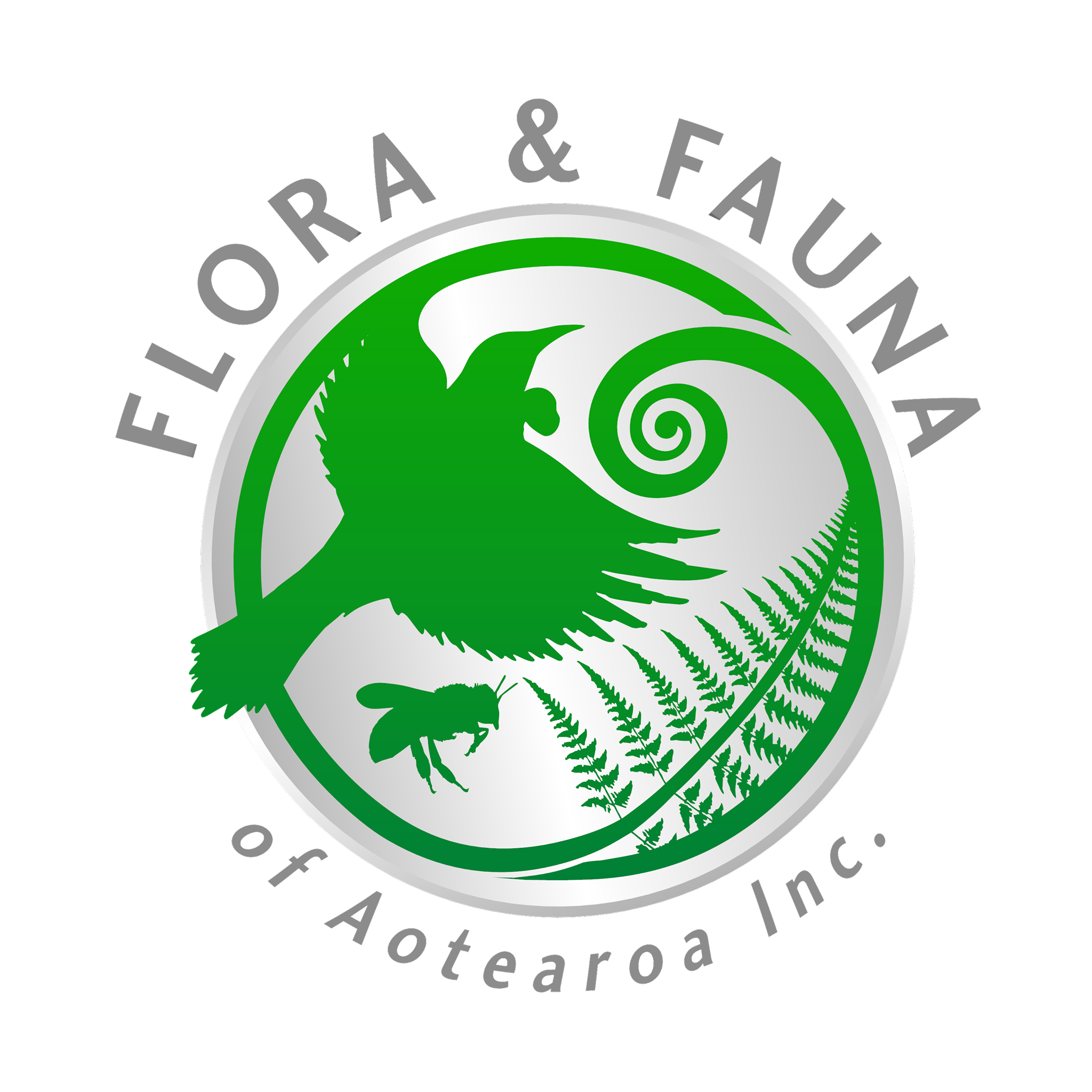
Current management of our roadside verges, parks, pathways and schools is based on the use of toxic chemicals and poisons that are harmful to our environment and our health. These poisons also pollute soils and our waterways. Glyphosate for example…
Recent testing found Glyphosate contamination in 20% of New Zealand honey samples.
Glyphosate has been: Declared a Class 2 “probable carcinogen” by the World Health organization.
Connected to the decline of organic matter in soil, contributing to a loss of water retention and drought.
Linked to causing cell damage, genetic mutations, miscarriages, behavioural disorders, reproductive damage, immune disease, cancer, and death, especially in employees handling glyphosate. According to a 2004 paper published in the Journal of Pesticide Reform.
In a Denmark study, 3000 pigs were fed grains sprayed with glyphosate and repeatedly suffered an increased rate of miscarriages by 30%.
Glyphosate has been found in tap, stream, ground and rain water samples, children’s urine, breast milk, baby formula, cow’s milk, honey, cereals, soy sauce.
So… What can you do about it?

There are many non-toxic ways to manage your verge that are healthy for you, wildlife and our environment. Here are a few examples…
There are plenty of alternatives available. You can use: ✓ Vinegar ✓ Pine oil ✓ Soda Ash ✓ Mulching ✓ Salt ✓ Hot water. Alternative herbicides are generally considered contact herbicides, not systemic like glyphosate.
